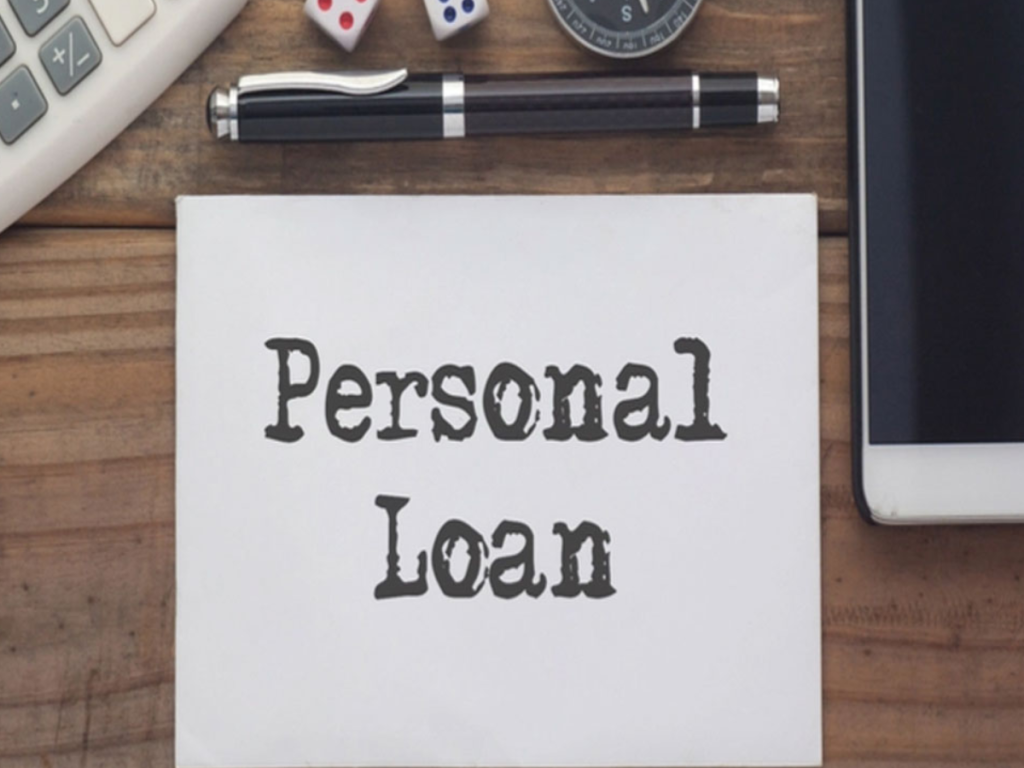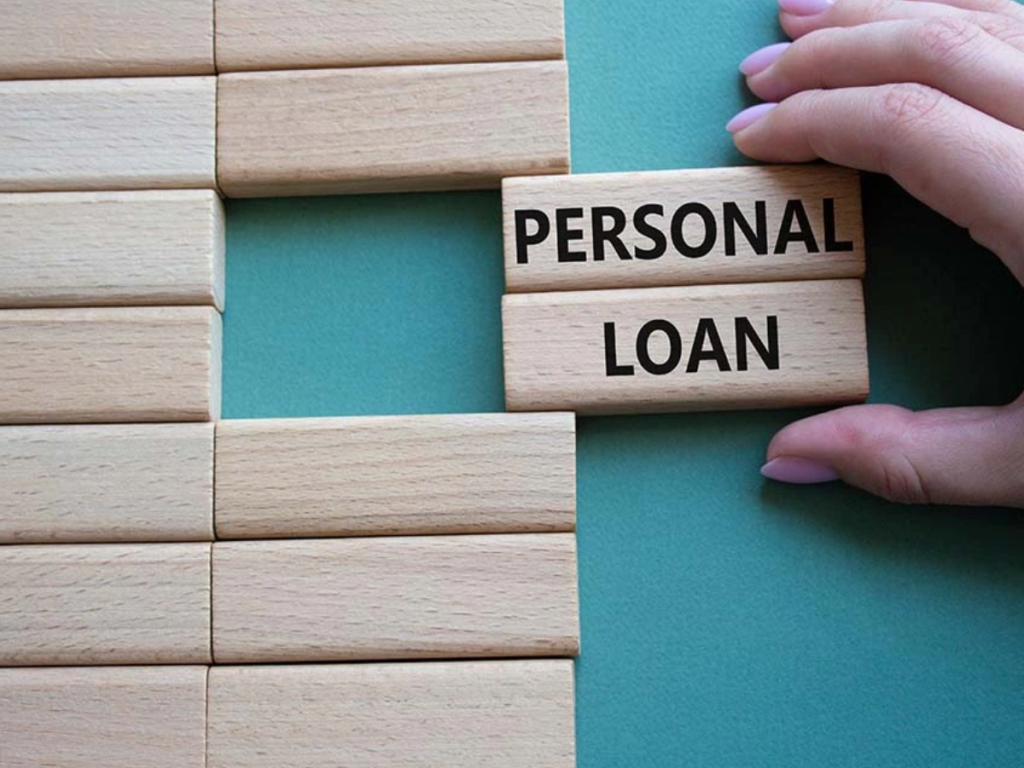Introduction
When faced with a financial emergency, many people instinctively consider taking a personal loan as a way to manage the situation. While it can provide immediate relief, there are important factors to consider before deciding whether to take out a loan. The decision involves not only evaluating the urgency of the emergency but also understanding the terms of the loan and how it may affect your long-term financial health. In this article, we will explore whether it is wise to take a personal loan during a financial emergency, what to keep in mind before applying, and some alternatives that may be more beneficial in the long run.
Understanding Personal Loans
A personal loan is a type of unsecured loan, which means that it doesn’t require collateral. Lenders issue these loans based on your creditworthiness, income, and other financial factors. Personal loans can be used for various purposes, including consolidating debt, making home improvements, or handling emergencies. They typically come with fixed interest rates and repayment terms, making it easier for borrowers to plan their finances.
However, while personal loans can offer a quick and convenient solution, they also come with risks. These risks can include high-interest rates, fees, and the potential for taking on more debt than you can handle. When considering whether to take a personal loan in a financial emergency, you need to weigh the pros and cons carefully.
The Pros of Taking a Personal Loan in a Financial Emergency
1. Quick Access to Funds
In an emergency, timing is crucial. Personal loans are typically processed quickly, with some lenders offering funds within a day or two of approval. If you need immediate cash for an urgent situation—such as medical bills, car repairs, or urgent home repairs—a personal loan may be one of the fastest ways to secure the funds.
2. Lower Interest Rates Compared to Credit Cards
If you have a high credit card balance or are facing an emergency that requires borrowing, a personal loan may offer a lower interest rate than a credit card. While credit cards can have interest rates upwards of 20% or more, personal loans may offer rates in the range of 6% to 36%, depending on your credit score and other factors. A lower interest rate could help you save money over the course of the loan.
3. Fixed Repayment Terms
Personal loans often come with fixed repayment terms, which means you know exactly how much you need to pay each month and when the loan will be paid off. This can provide a sense of stability and predictability, which can be valuable in a financial emergency where managing cash flow is essential.
4. No Collateral Required
Since personal loans are typically unsecured, you do not need to put up your assets (such as your home or car) as collateral. This can be reassuring if you are worried about risking your property in order to secure a loan.
5. Helps Build Credit
If you make your loan payments on time, taking out a personal loan and successfully managing it can have a positive impact on your credit score. This can be beneficial if you are looking to improve your credit for future financial needs.
The Cons of Taking a Personal Loan in a Financial Emergency
1. High-Interest Rates for Those with Poor Credit
While personal loans can be more affordable than credit cards, they are still dependent on your credit score. If you have poor credit, you may not be eligible for the best interest rates. In fact, lenders may offer you loans with high-interest rates that could make it difficult to repay the loan without falling into a debt spiral.
2. Debt Accumulation
Taking out a loan during an emergency can be a short-term solution, but if you are already struggling financially, adding another debt obligation could exacerbate your problems. If you are unable to repay the loan on time, you may find yourself in deeper financial trouble. This could also negatively impact your credit score, making it harder to borrow in the future.
3. Fees and Penalties
Some personal loans come with fees, such as origination fees, late payment fees, and prepayment penalties. These costs can add up quickly, making the loan more expensive than anticipated. It’s important to thoroughly read the loan agreement to understand any fees that may be involved.
4. Short-Term Solution for Long-Term Problems
Personal loans can provide quick relief in an emergency, but they are not a long-term solution to financial problems. If you continually rely on loans to cover unexpected expenses, you may not address the root causes of your financial struggles. This can lead to a cycle of borrowing and debt accumulation, which can be difficult to escape from.
5. Strain on Cash Flow
While fixed repayment terms offer predictability, monthly payments still represent an ongoing financial obligation. Depending on your current financial situation, taking on a personal loan could strain your budget and make it harder to meet other financial responsibilities, like paying rent, utilities, or food expenses.
Key Considerations Before Taking a Personal Loan
Before taking out a personal loan for a financial emergency, there are several important factors to consider. Understanding these factors will help you make an informed decision and avoid further financial strain.
1. Your Ability to Repay the Loan
Before applying for a personal loan, evaluate your ability to repay the loan within the agreed-upon timeframe. Consider your monthly income and other expenses to determine if the loan payment will fit comfortably into your budget. If the loan payment would be a stretch, it might be better to explore other options.
2. Compare Loan Terms and Lenders
Not all personal loans are created equal, so it’s important to shop around and compare loan offers from different lenders. Look for the best interest rates, repayment terms, and fees. Some lenders may even offer emergency loans with flexible terms or the option to skip a payment in case of financial hardship.
3. The Loan’s Purpose and Necessity
Before borrowing, ask yourself if the loan is truly necessary. Is the emergency something that requires immediate action, or can it wait? For example, if you are facing a car repair issue but can still use public transportation, it might be worth delaying the repair or looking for cheaper alternatives. On the other hand, if you need to pay for life-saving medical treatment, taking out a loan might be the best option.
4. Impact on Your Credit Score
While taking out a personal loan and repaying it on time can help improve your credit score, missing payments or defaulting on the loan can have the opposite effect. Consider your current credit score and how this loan might impact it before moving forward.
5. Alternatives to Personal Loans
In some cases, a personal loan may not be the best option. Here are a few alternatives that might be worth exploring:
- Emergency Savings: If you have an emergency fund, this is the ideal time to use it. Having savings set aside for emergencies can prevent you from needing to borrow money.
- Credit Cards: If you have a credit card with a low interest rate or a 0% introductory APR offer, it might be a cheaper alternative for emergency expenses.
- Borrowing from Friends or Family: While this can be tricky and should be approached with caution, borrowing from friends or family can be a way to avoid high-interest rates.
- Short-Term Loans from Employers: Some employers offer short-term loans or paycheck advances to help employees in financial emergencies. These loans may come with fewer fees and lower interest rates.
- Government Assistance Programs: Depending on your situation, you may qualify for government assistance programs for medical emergencies, unemployment, or housing. These programs can provide relief without the need to take on more debt.
Conclusion
Taking a personal loan during a financial emergency can be a helpful tool for managing urgent expenses, but it is not without risks. The key is to carefully evaluate your ability to repay the loan, compare options, and understand the long-term implications. Personal loans can offer quick relief, but they should be approached cautiously to avoid further financial strain.
Before applying for a loan, assess whether it’s truly necessary or if other alternatives, such as emergency savings or assistance programs, might be more beneficial. If you do decide to proceed with a loan, make sure to choose one with favorable terms that align with your financial capabilities. Ultimately, responsible borrowing and careful budgeting can help you navigate a financial emergency without exacerbating your financial challenges in the future.

